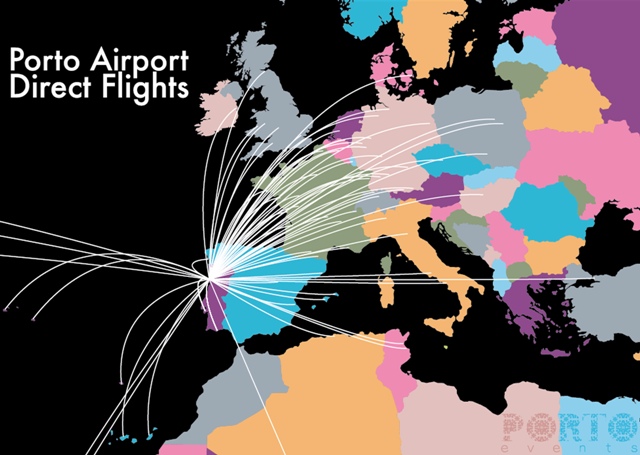We are based in the north of Portugal – getting here is easy thanks to fantastic airport connections out of Porto airport, but how should you go about selling your products here?
At PortugalWorks we are able to offer assistance to foreign firms looking to break into the Portuguese market. We can offer the following options:
– carry out market research to evaluate the potential of your product in Portugal and suggest the best strategy for selling to Portugal
– help you to find a distributor that will be best-suited to selling your product
– introduce your product directly to clients to enable you to sell direct
PortugalWorks has been working for 25 years helping medium and small-sized Portuguese firms to grow as well as exporting Portuguese products directly – this gives us a very broad knowledge base of Portuguese industry as well as a huge number of contacts in many different industrial sectors as well as with the public sector. This places us in a very strong position to help foreign companies looking to penetrate the Portuguese market.
Entering any new market is always a challenge because of local business customs and idiosyncrasies, here are 5 things that you should look out for when selling to Portugal:
1. Nearly 80% of Portuguese businesses are family owned, which means that they are often conservatively run and in the hands of first or second generation of ownership (Portugal has only had a democracy since 1974, so there is not a culture of family owned businesses stretching back over many generations).
2. Much of Portuguese business relies less on contracts and more on doing business with people you know and trust; this means that establishing a good bond with a business owner can be more important to a successful business relationship than a watertight contract.
3. It can be a battle to get a price out of Portuguese supplier as they often want to get a feel about who they are selling to before they settle on an appropriate price.
4. Whilst the vast majority of businesses will have employees who speak good English, having someone on your side who speaks Portuguese can be of great help as not only will it enable all employees involved to contribute to a discussion, but it will also help you to decode some of the more subtle points that may be lost in translation.
5. Everywhere stops for lunch in Portugal – if you are going to do business with someone, expect to have a long lunch where very little business is discussed.

